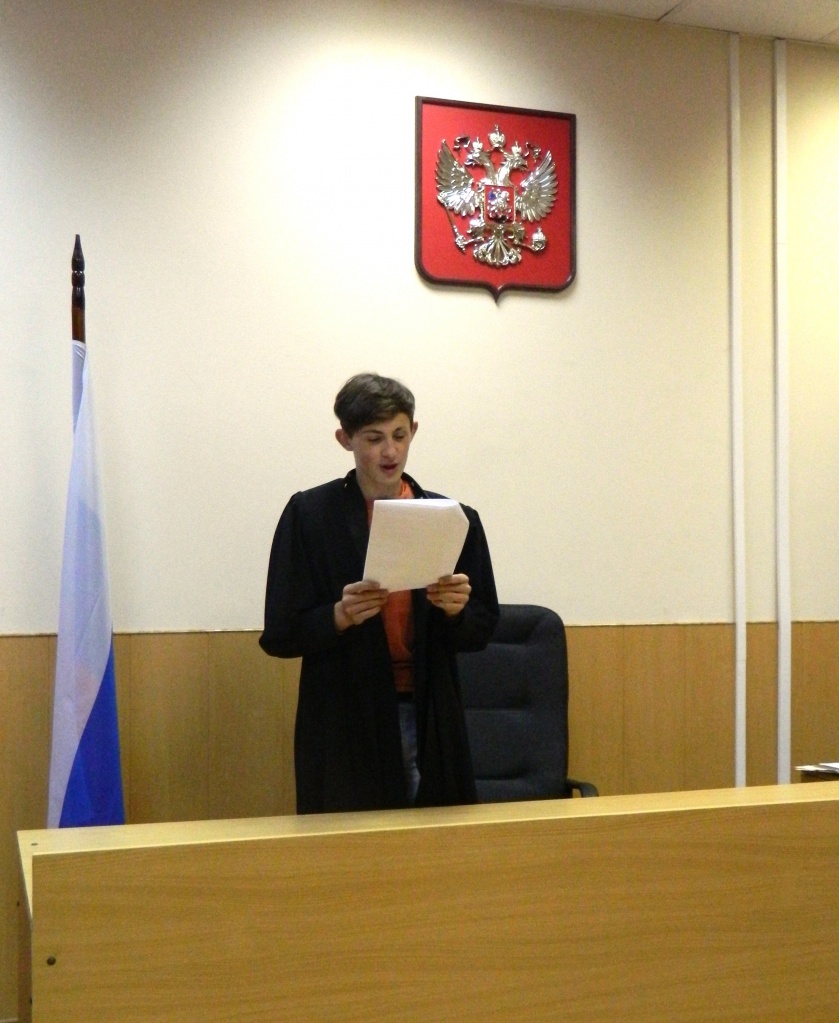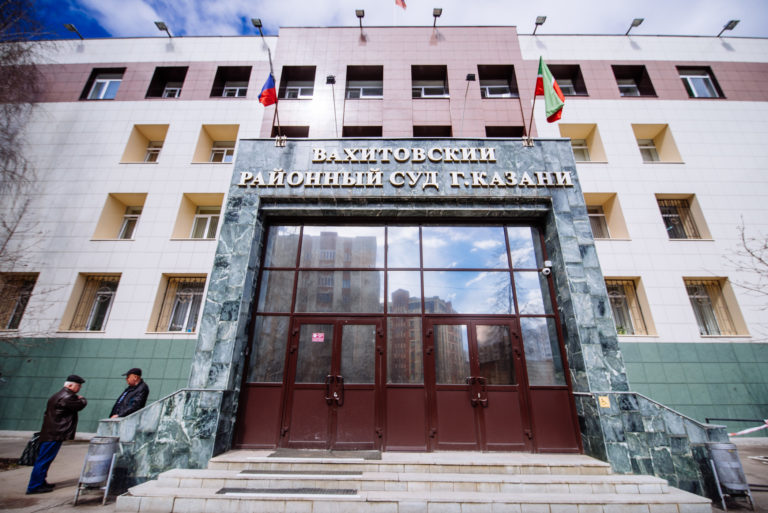Jurisdiction in the Code of Civil Procedure is the solution of the issue of competence in resolving conflicts and considering applications, as a result of which rights and interests are affected. Previously, their competence was significantly limited, now not. The separation of powers remains within the judicial system.
What the law says
A separate chapter is devoted to jurisdiction in the Code of Civil Procedure, but this concept is not given a separate definition. There are different approaches in the scientific literature, but there is no one that all researchers would agree with.
Principles of Organization of Power
Authorities, including courts, have certain competencies in resolving disputes protecting rights and interests.

In the case of the Civil Procedure Code, jurisdiction answers the question of what cases are considered in courts of general jurisdiction. This is important, as there are cases to be considered in arbitration courts and as part of CAS.
Types of Competency
In the procedural legislation, several judicial verticals are allocated that have the right to conduct proceedings and make decisions on the merits:
- general courts (magistrates also apply here);
- arbitration courts;
- administrative courts (their functions are divided between general and arbitration courts).
What is jurisdiction built on? Code of Civil Procedure draws attention to the participants in the legal relationship and the subject of the dispute. Depending on this, it is decided in whose area the dispute is resolved.
It is assumed that claims relating to different types of jurisdiction will be made. GIC and agribusiness give preference to courts of general jurisdiction. This is worth considering.
What is the essence of civil cases
The jurisdiction of the Code of Civil Procedure of the Russian Federation extends to property disputes. The relationship of the participants is not based on submission. If we talk about the lack of subordination, it implies the implementation of the powers of state or municipal authorities.

In the explanation of the RF Armed Forces, the distinction between administrative and civil cases is primarily connected with the realization of the rights of citizens and organizations. So, for example, in a dispute about the legality of the refusal to queue for housing, the plaintiff's housing rights are affected. This is a result of human rights.
Cases of legal capacity affect the status of an individual, governed primarily by the civil code.
Types of Cases
Now consider the scheme of jurisdiction of affairs in the Civil Procedure Code:
- lawsuit proceedings;
- cases of writ proceedings;
- special proceedings;
- cases of contesting the decisions of arbitration courts or rendering assistance to them;
- cases on recognition of judicial acts of foreign courts.
All have significant differences, which becomes clear from the name.
Lawsuit
It is a pure dispute about the right to property, money. This includes the protection and recognition of rights that are unrecognized or violated.

The parties offer their evidence and arguments and the court, based on them and the norms of the law, makes a decision. As an example, disputes about the right to housing, the division of property.
Order production
Within its framework, applications for the recovery of funds for a limited number of claims and recognition of rights to movable property are considered if the price of claims is not higher than 500 thousand rubles. The decision is made without the participation of the parties and only on the basis of materials submitted by the applicant. For example, cases of collecting alimony and payments for housing services.
Special production
CCP established the following list of cases:
- Recognition of facts of legal significance.
- Cases on the capacity of a citizen.
- Recognition of an ownerless thing and recognition of the rights of the municipality to it.
- Confirmation of rights to securities.
- Corrections or changes to civil records.
- Challenging or coercion of notarial acts.
- Recovery of lost court proceedings.
Arbitration Courts
Some cases can be considered in arbitration courts, except for labor, family (with the exception of a dispute on the division of property) and other specified in the law.
His decisions require confirmation in the district court, otherwise the writ of execution cannot be obtained. The parties are also entitled to challenge the actions or powers of the arbitrator in the general court, when this is established by law.
Recognition of a judicial act of a foreign court
Foreign courts are entitled to make decisions regarding the rights of Russian citizens (for example, to recover alimony), but enforcement will only begin after it is recognized by a local court. The fact of a proper call to a court session is verified mainly.

As for foreigners, they take part in trials on equal terms with the citizens of the country. Foreign citizenship does not affect jurisdiction. It is stipulated by law.
Jurisdiction and jurisdiction in the Code of Civil Procedure
What is the difference, and is it? Jurisdiction is connected with the distribution of cases between courts of the same level (for example, district courts). The basic rule of jurisdiction - the case is considered at the location or residence of the defendant. Sometimes exceptions are made and the plaintiff has the right to file a lawsuit, given his place of residence. Sometimes a choice is given where to turn.
If jurisdiction is violated, the court has the right to refer the matter to an authorized court. The case cannot be returned, even if the sending judge violated the law.
Thus, jurisdiction and jurisdiction in the Code of Civil Procedure of the Russian Federation serve an orderly distribution of cases between courts of different jurisdictions, and between courts of one jurisdiction.









